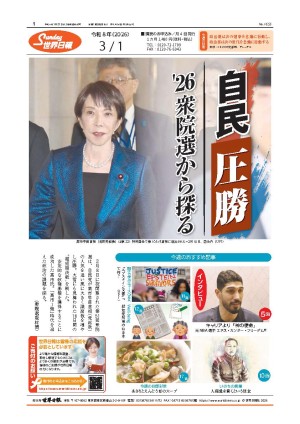Russia’s nuclear weapons buildup challenges Obama’s reduction goal ロシアの核増強でオバマ氏の核削減が困難に
Russia’s nuclear weapons buildup challenges Obama’s reduction goal
President Obama’s decision two years ago to reduce the role of nuclear weapons in U.S. military and defense policies is being challenged by Russia’s large-scale buildup of nuclear forces, along with Moscow’s revised nuclear doctrine and recent threats to use the weapons.
...【全文を読む】







